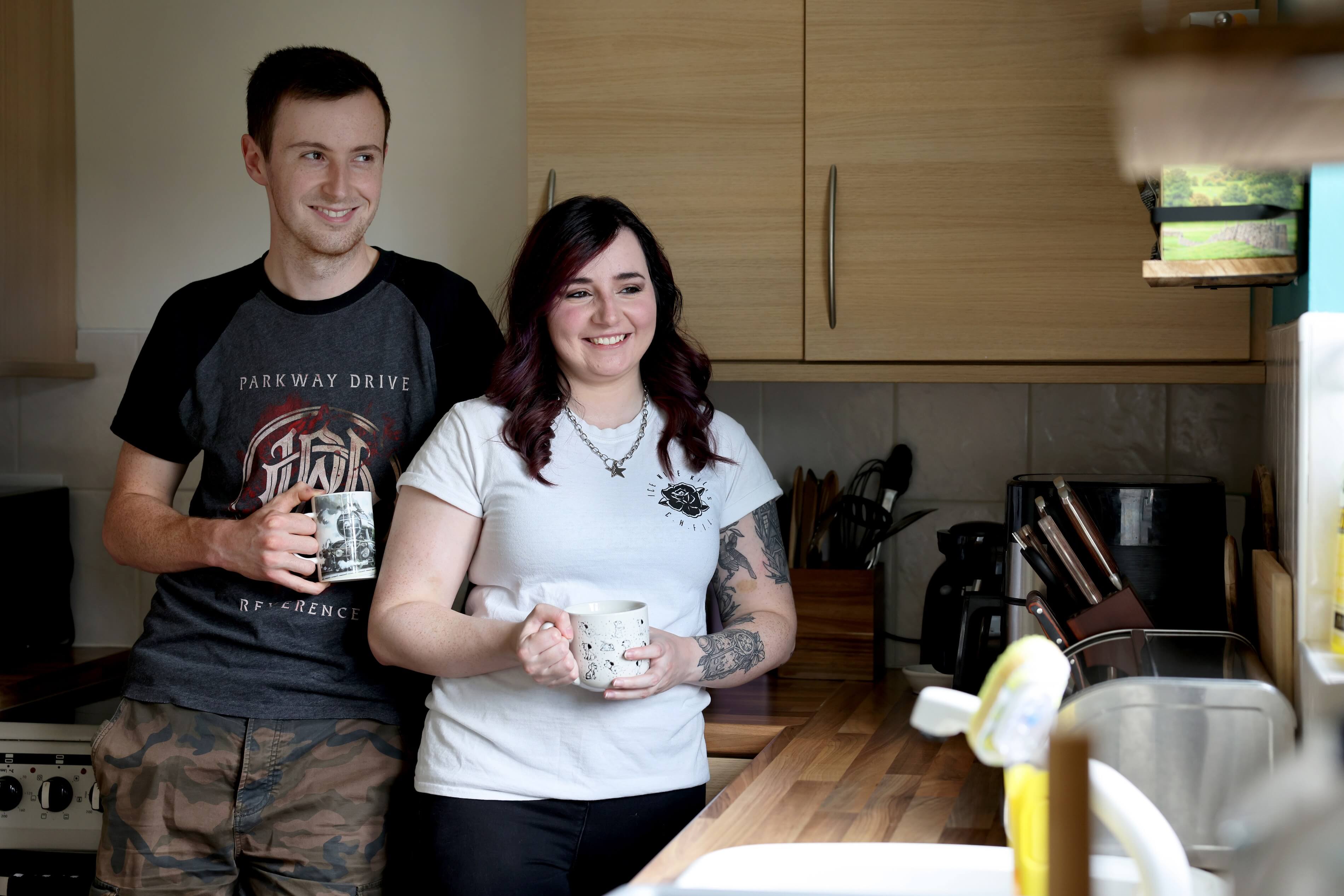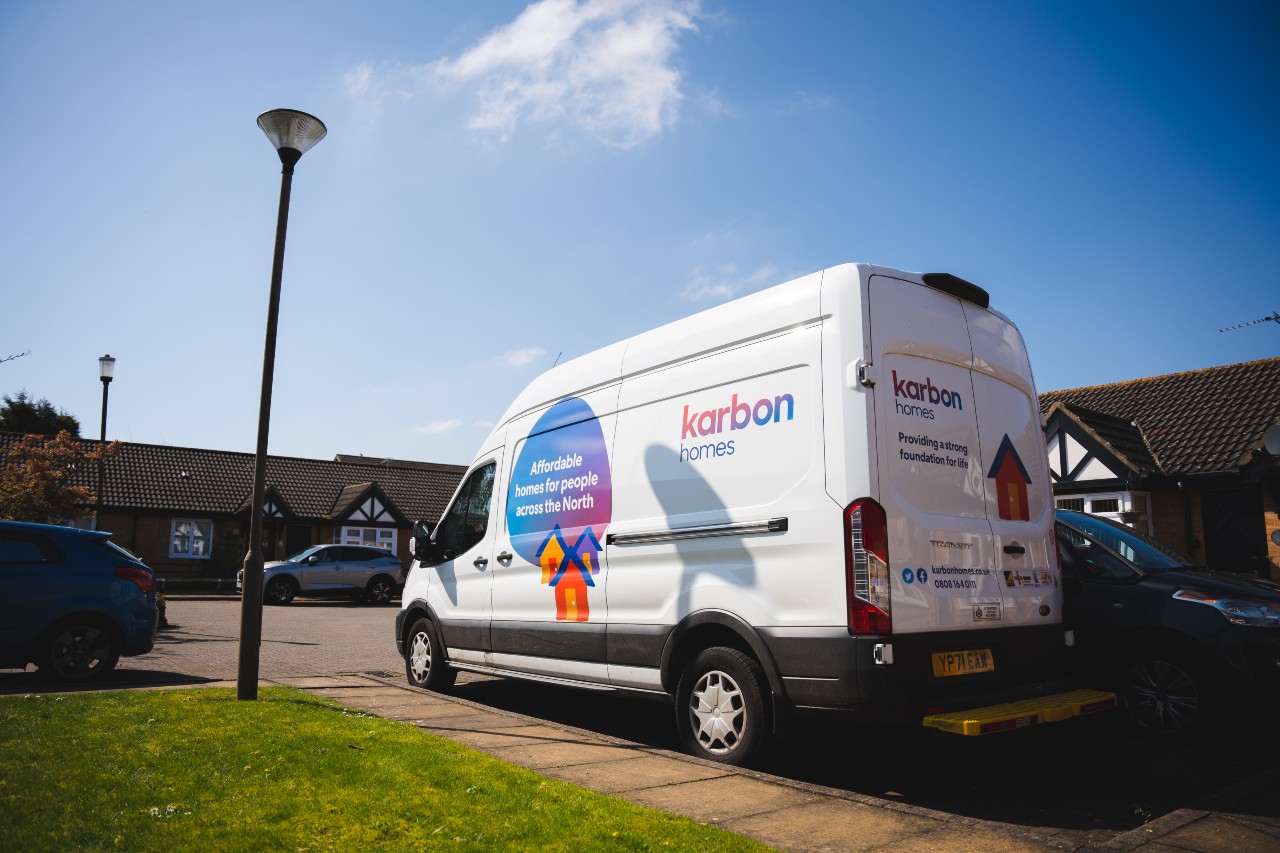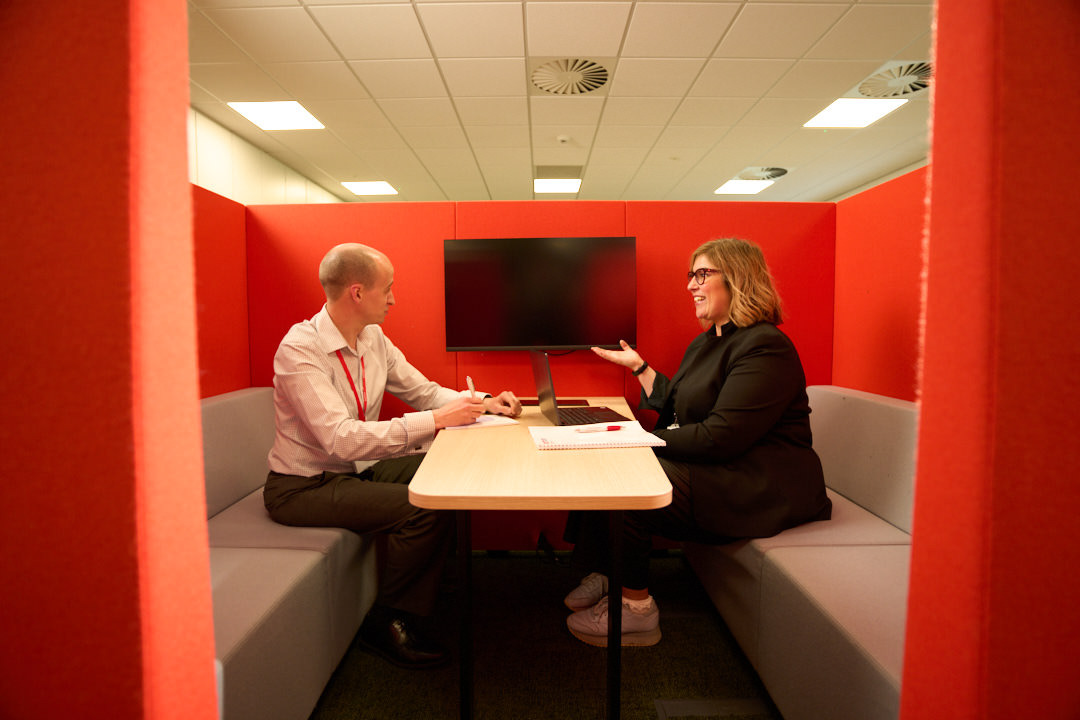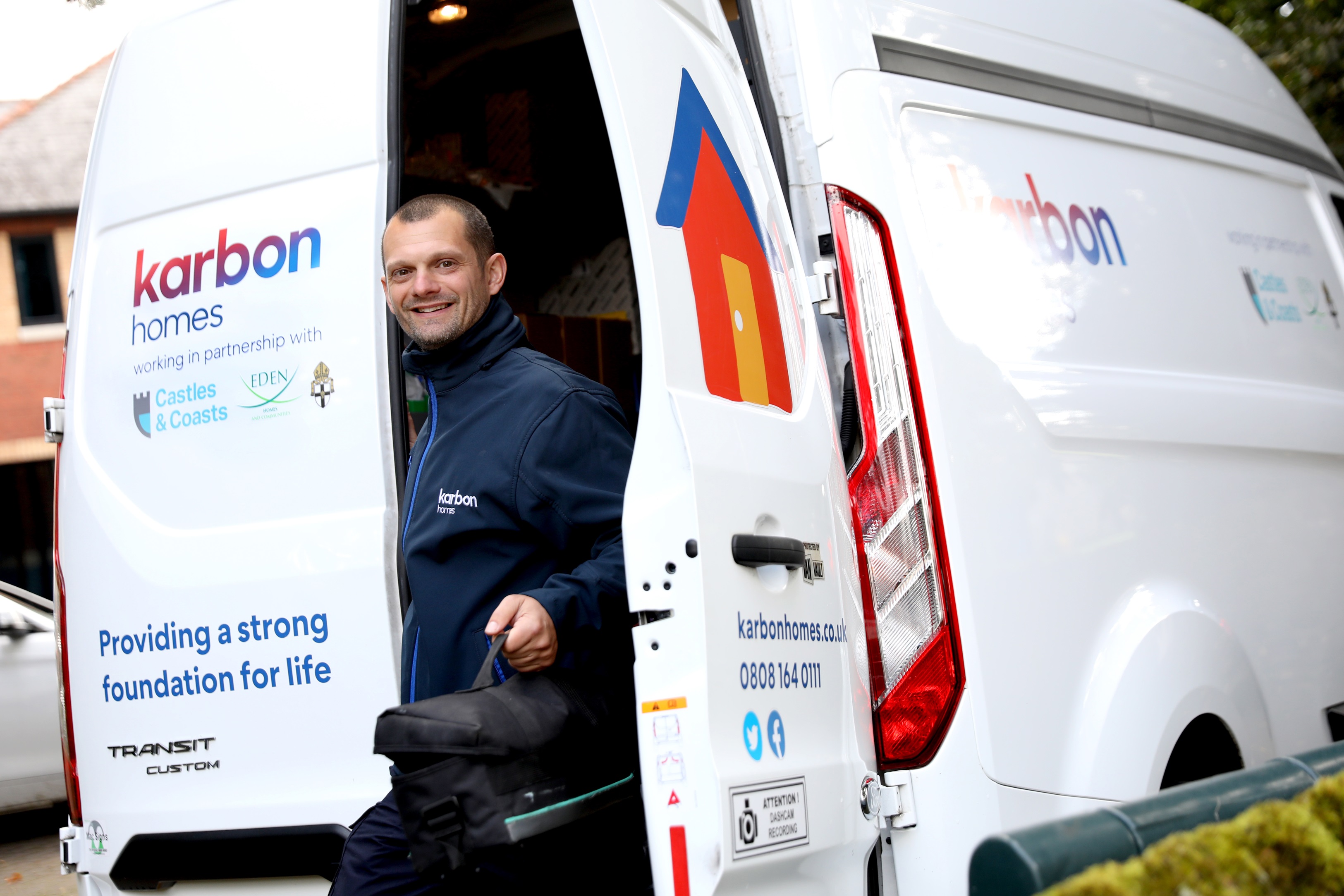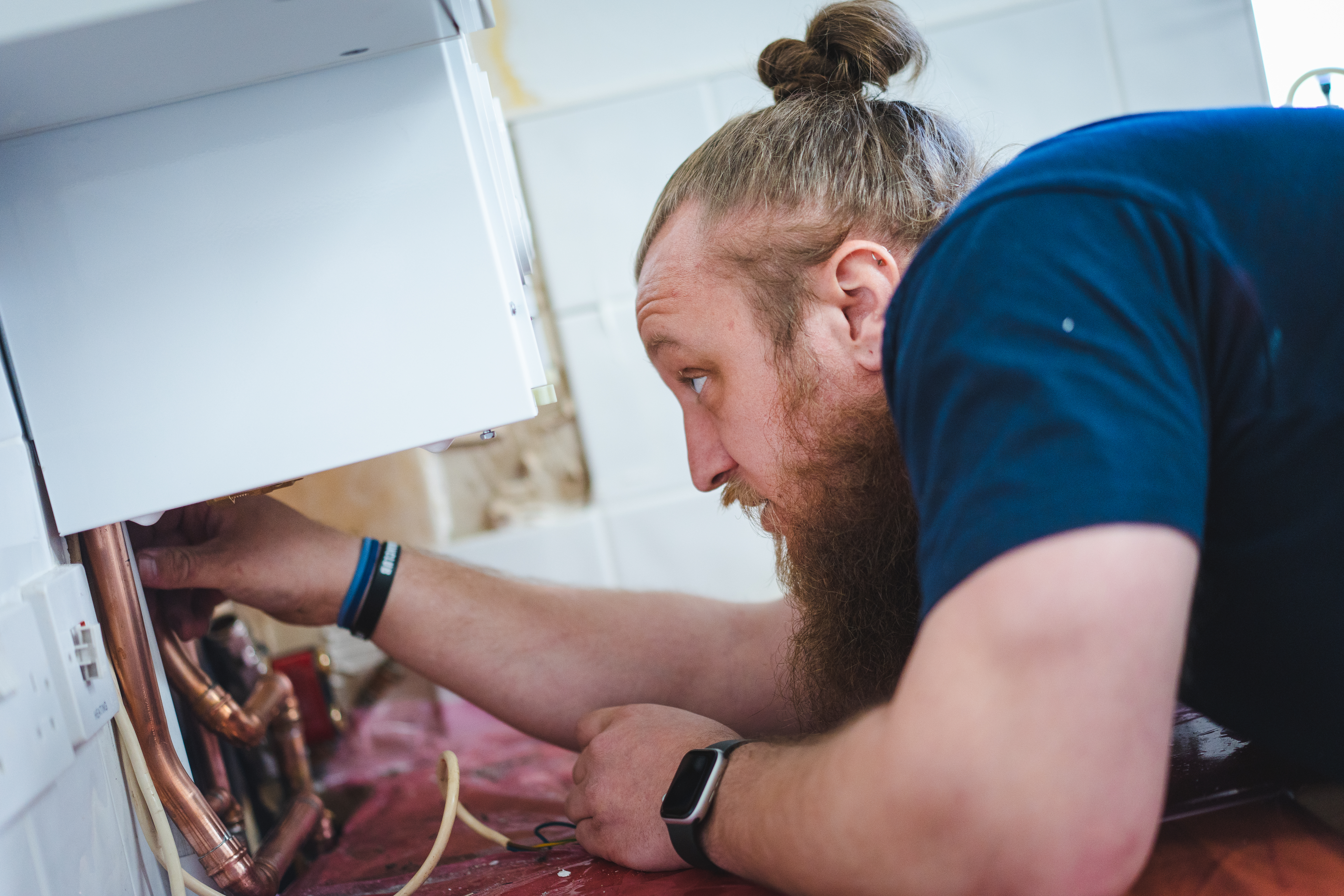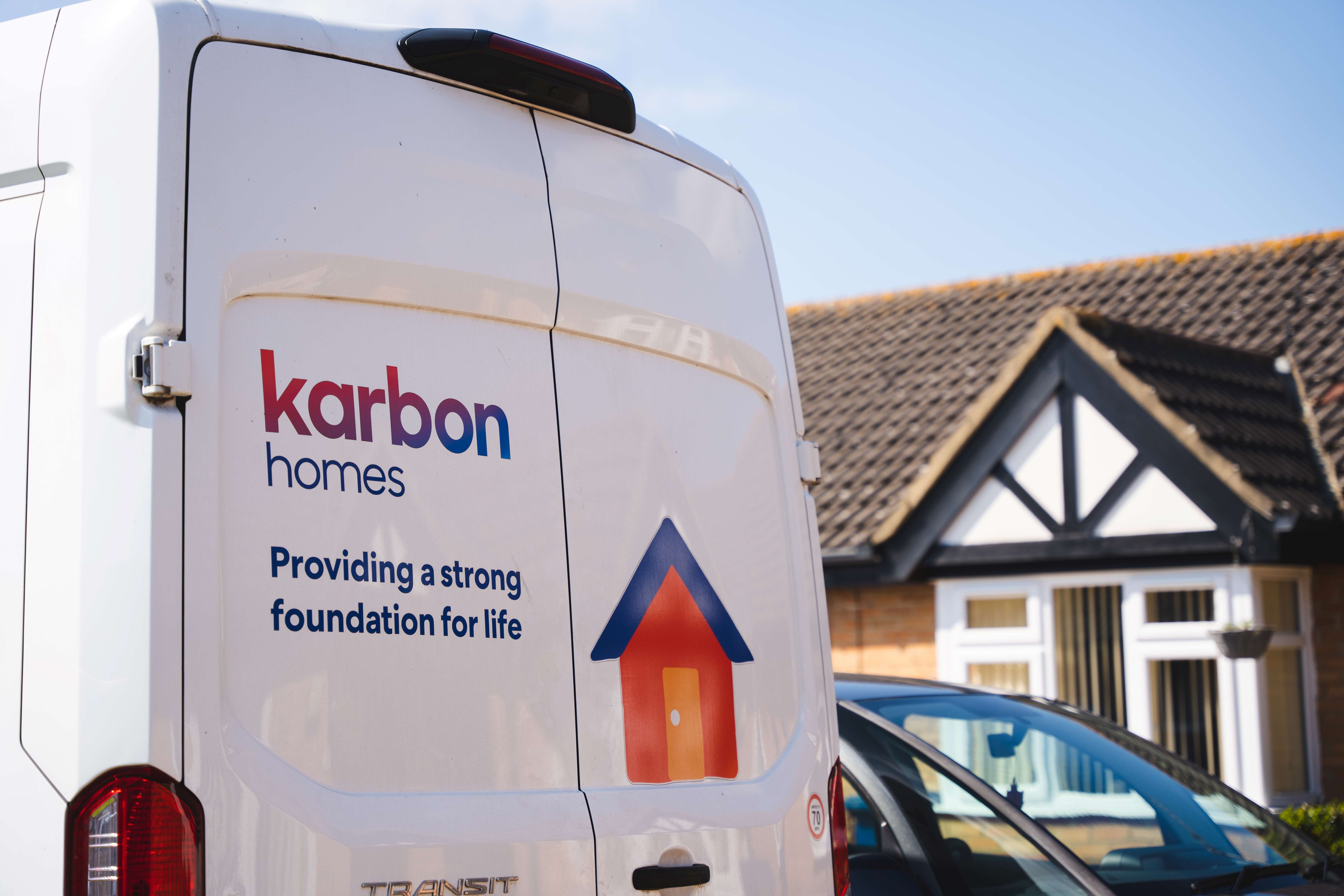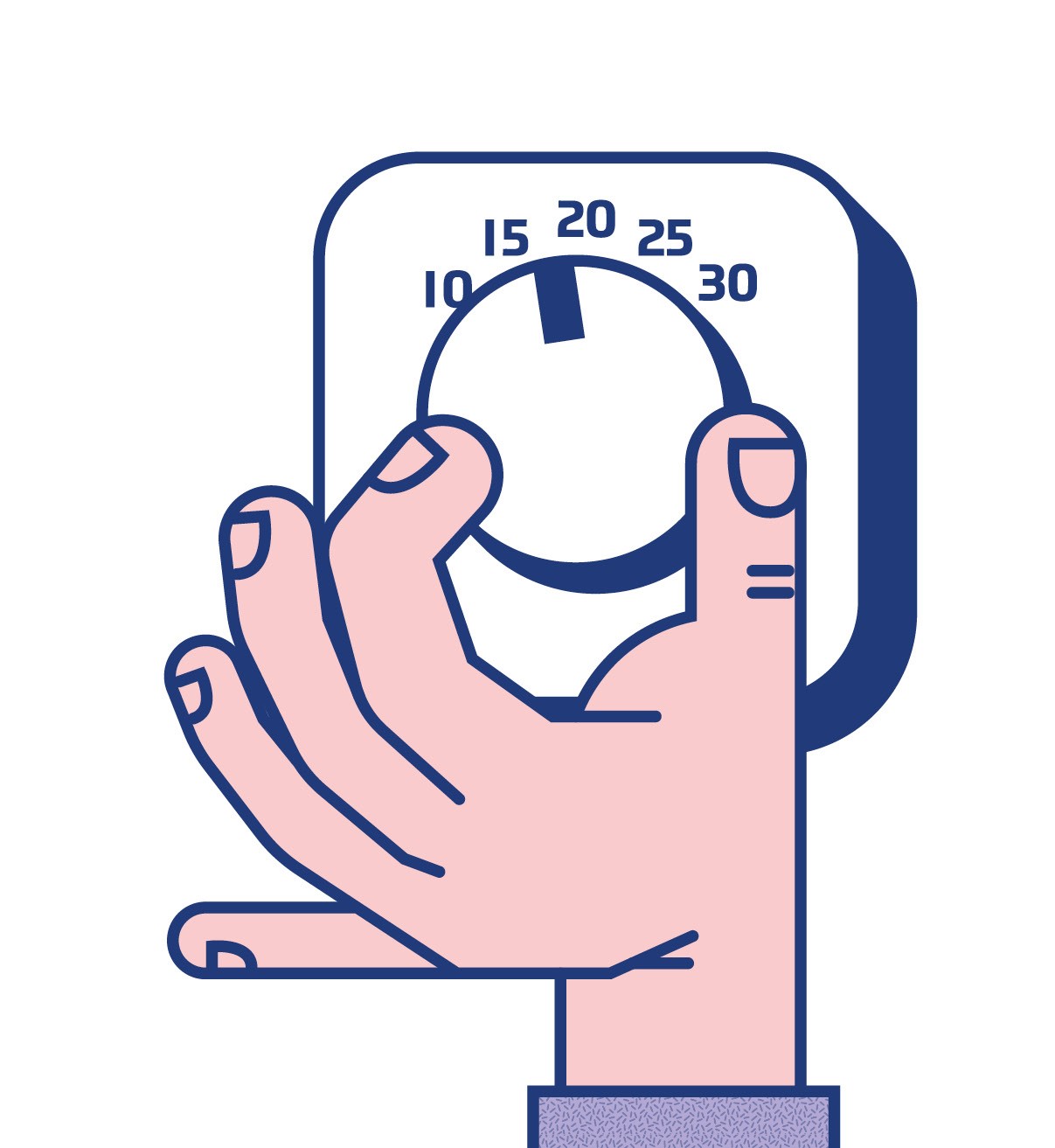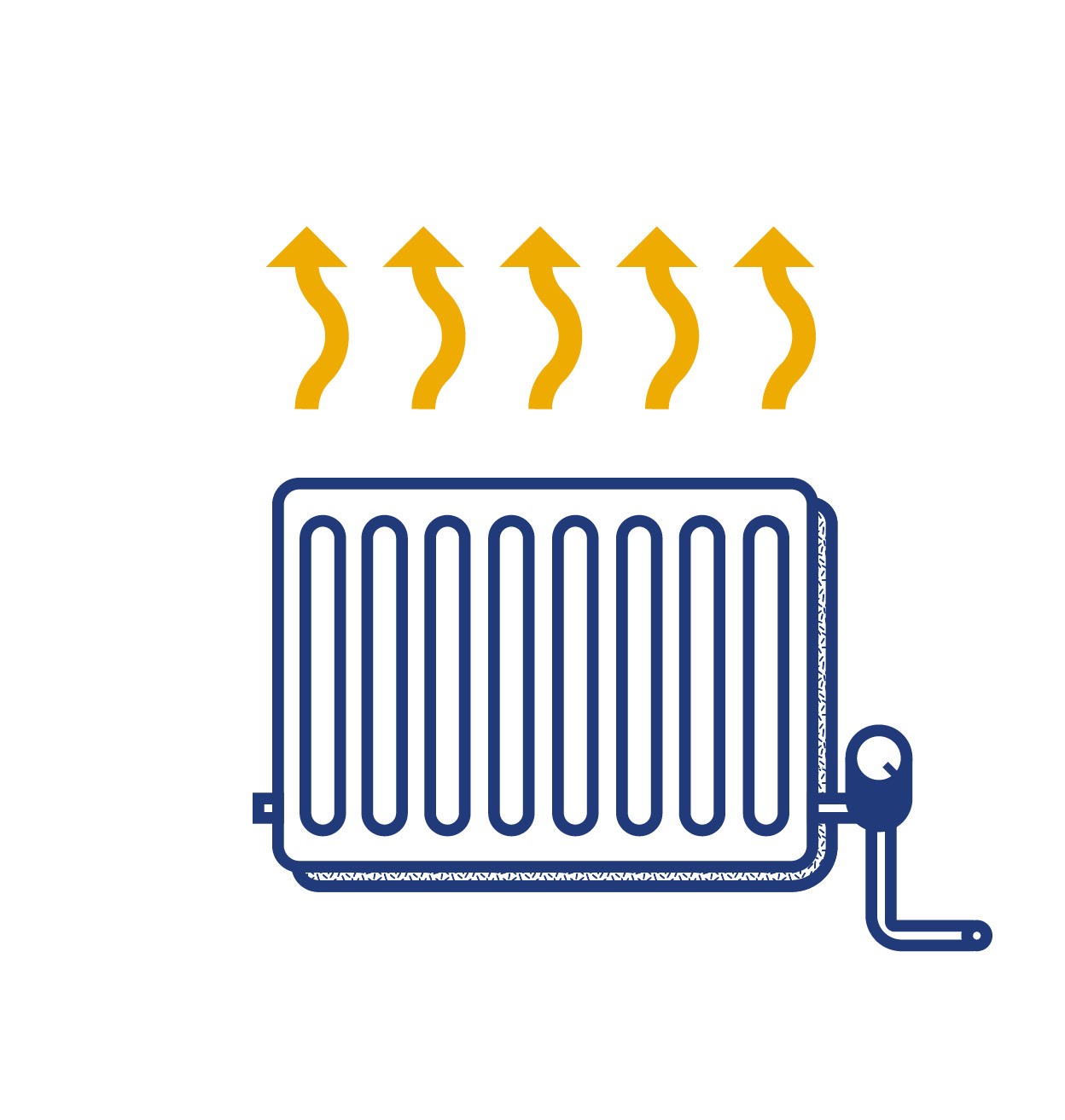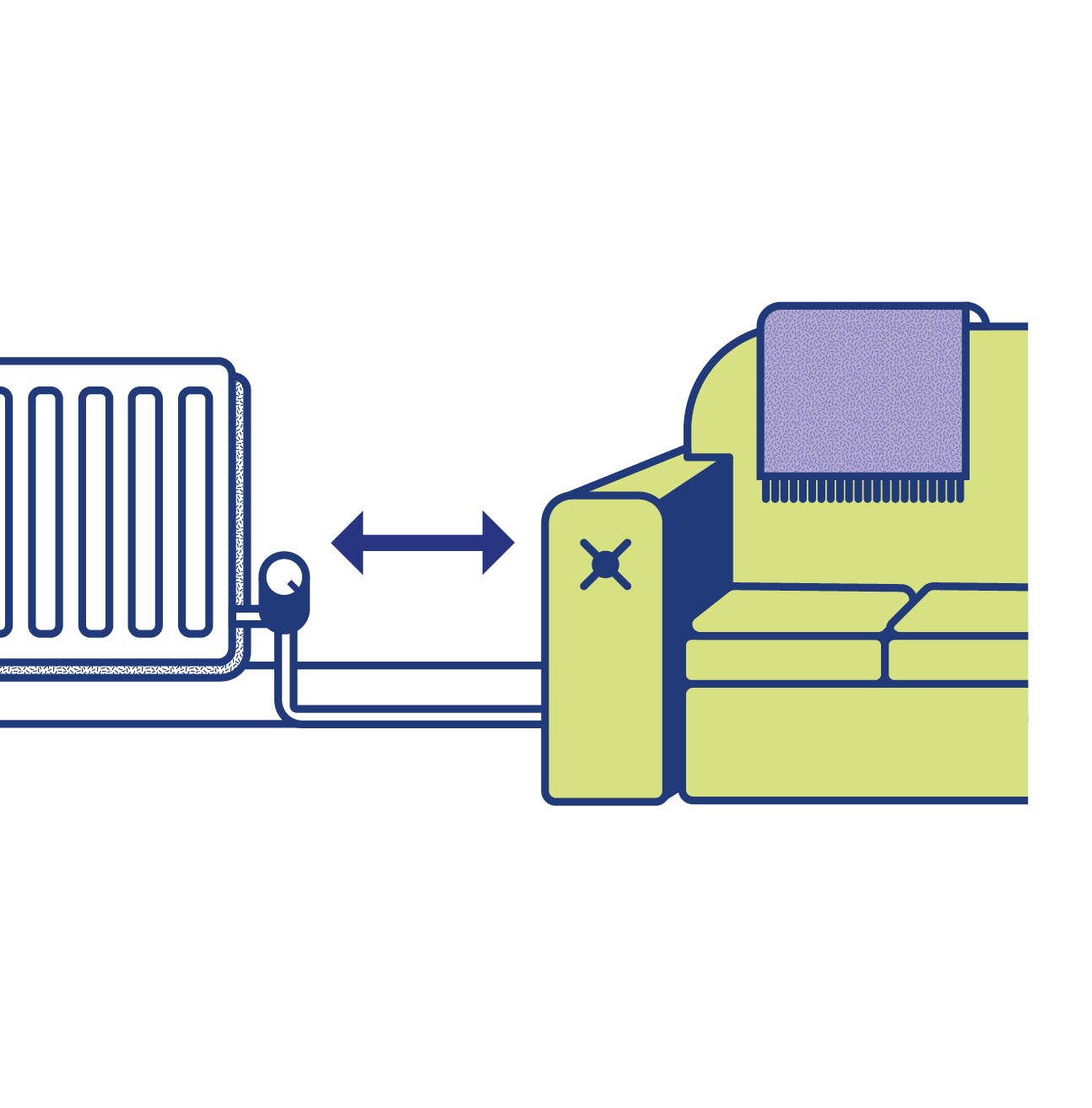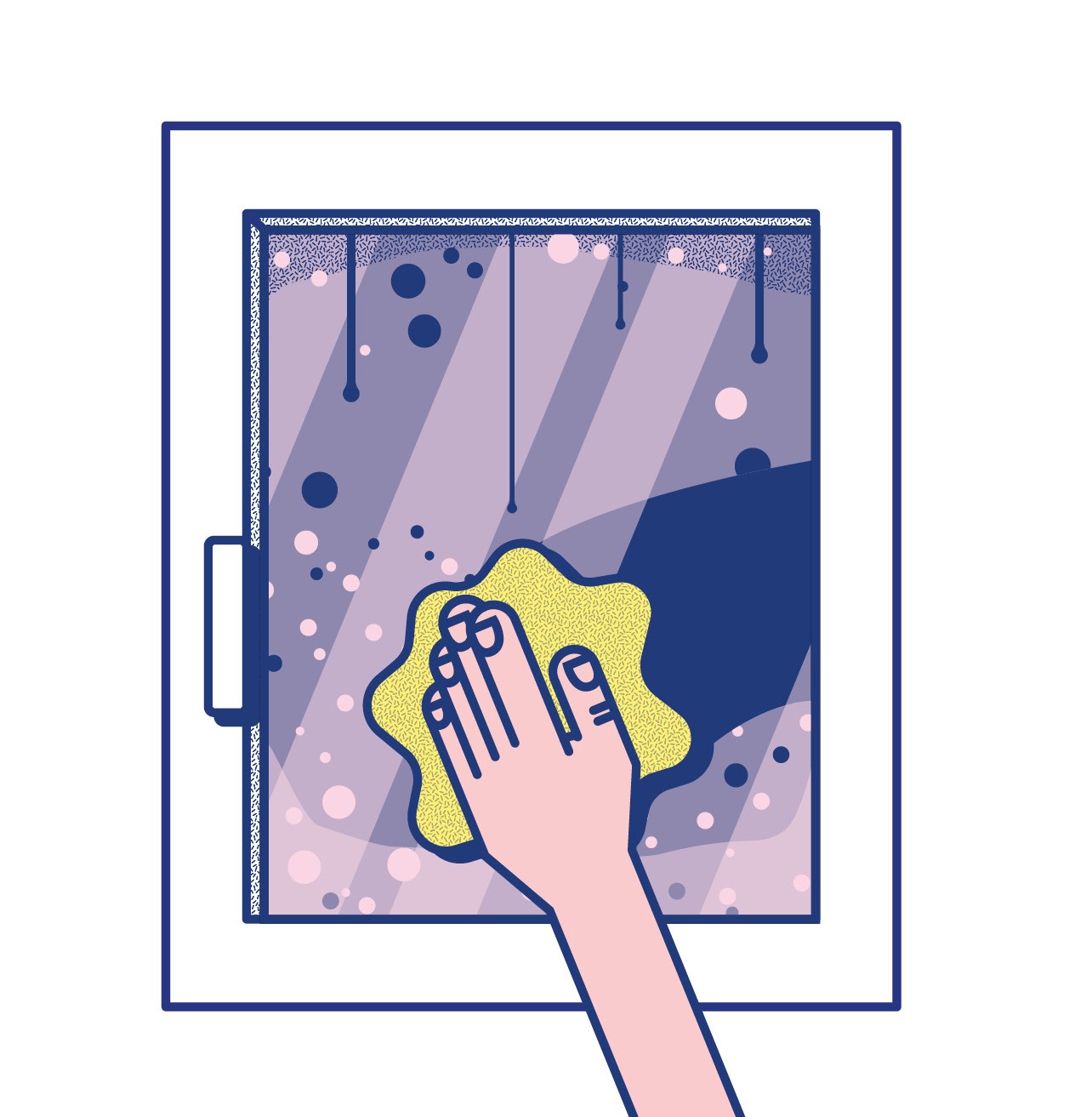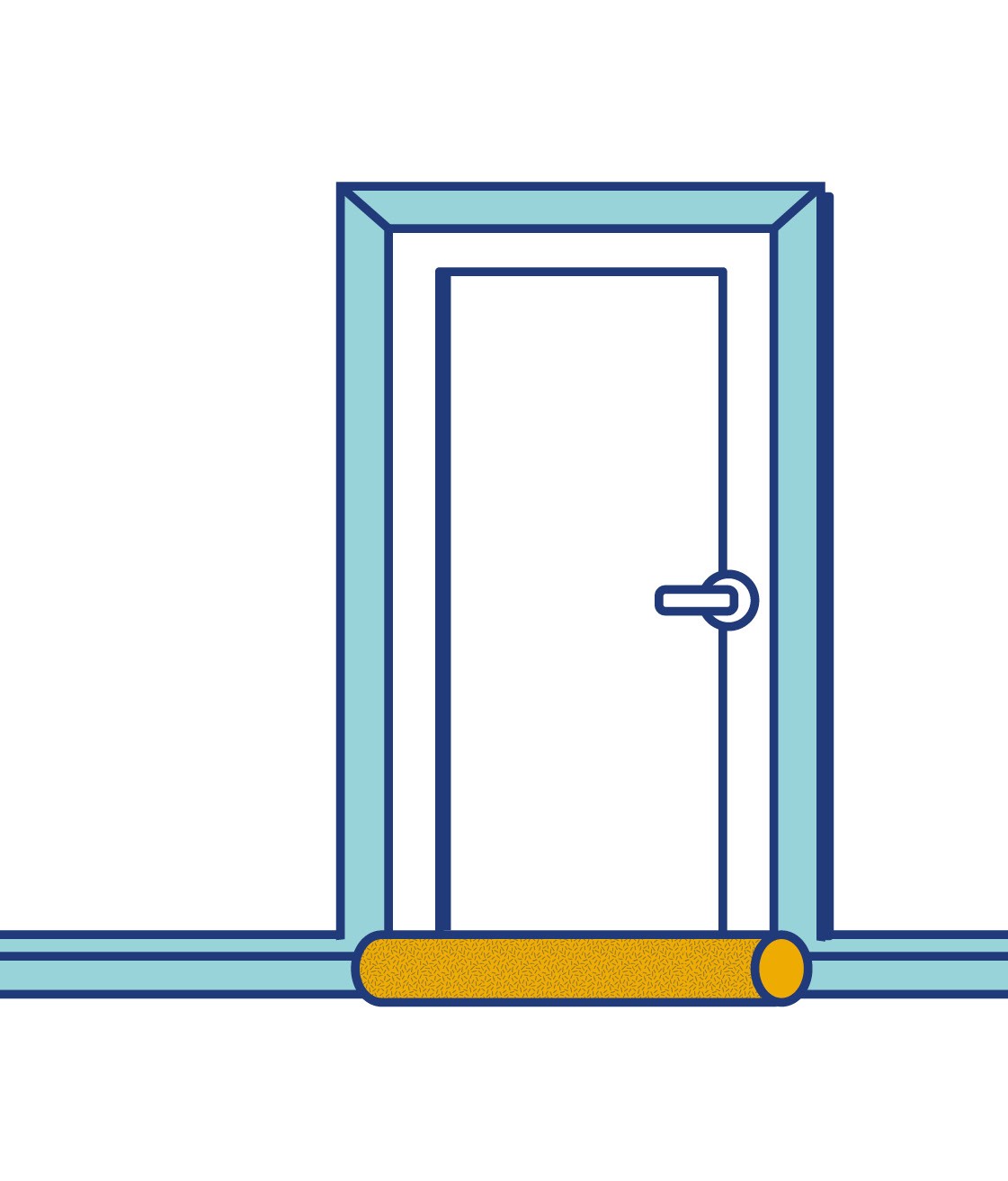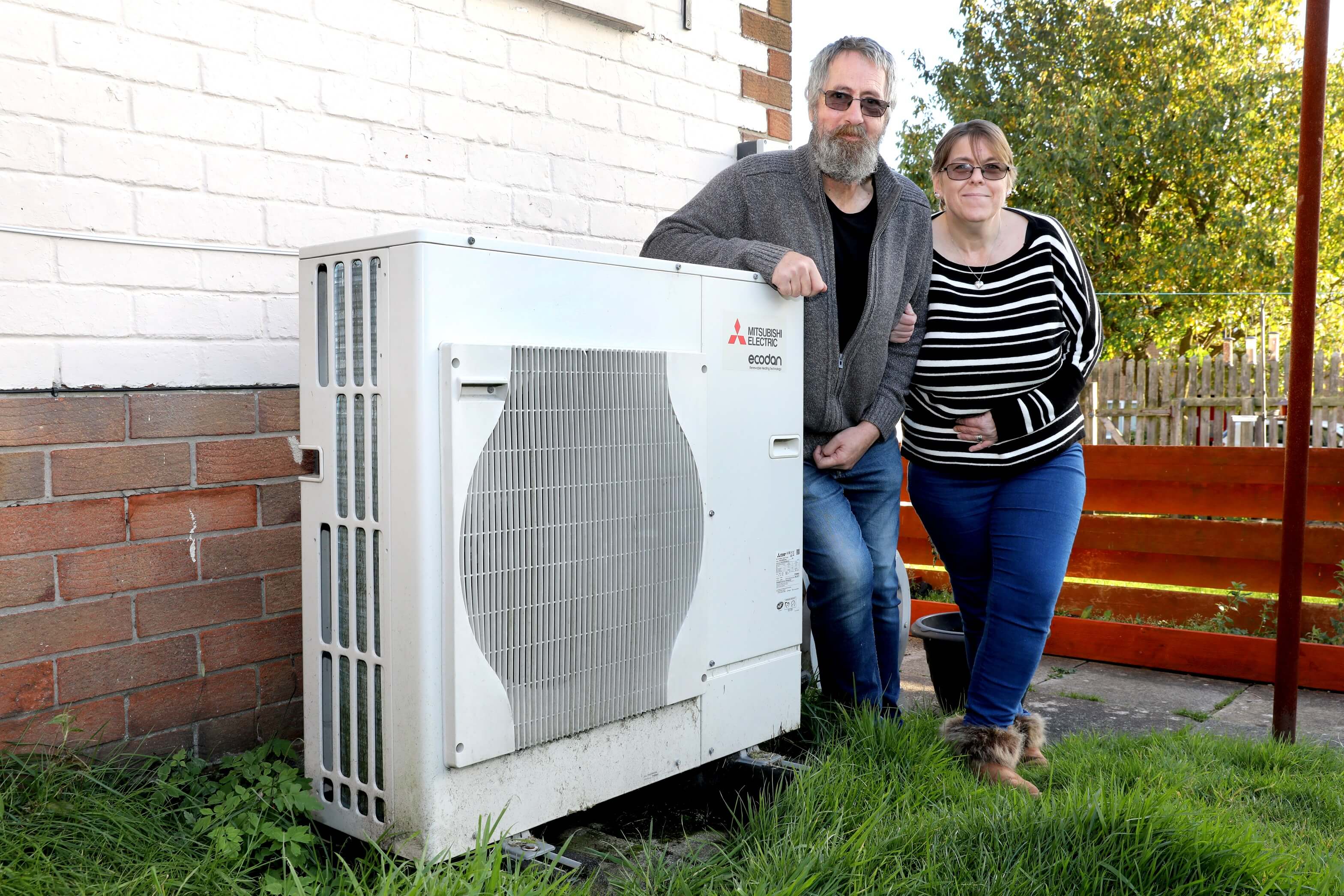Both your electric and gas (if applicable) supplies are provided by OVO energy. When you move in your gas supply may be disconnected for health and safety reasons. You should contact us and we will reconnect the gas supply and issue you with a certificate to confirm that the supply is safe to use. You can change your electricity and/or gas supplier at any time.
You may be entitled to Universal Credit or Housing Benefit to cover all or part of your rent. If benefit is not paid or it does not cover all of your rent, it is up to you to pay the difference. If you receive benefits towards your housing costs directly, you should always use that money to pay your rent.
You should make a claim as soon as possible. Delaying may result in you losing benefit. Benefit will not usually be paid before you move into your home and make a claim, and delaying could put you into arrears.
If you're unsure if you are entitled to benefits or need help with making an application, please contact us and we’ll be happy to help.
Universal Credit is paid directly to you, including the money towards your rent. If you are making a claim for Universal Credit and think you will have difficulty in paying your rent to us every month, please contact us straight away to discuss your options.
You should always advise the Department of Work and Pensions or Housing Benefit of any change in your circumstances.
Council Tax Support is not included in Universal Credit. You will still need to apply to your Local Authority for this separately if you are on Universal Credit.
